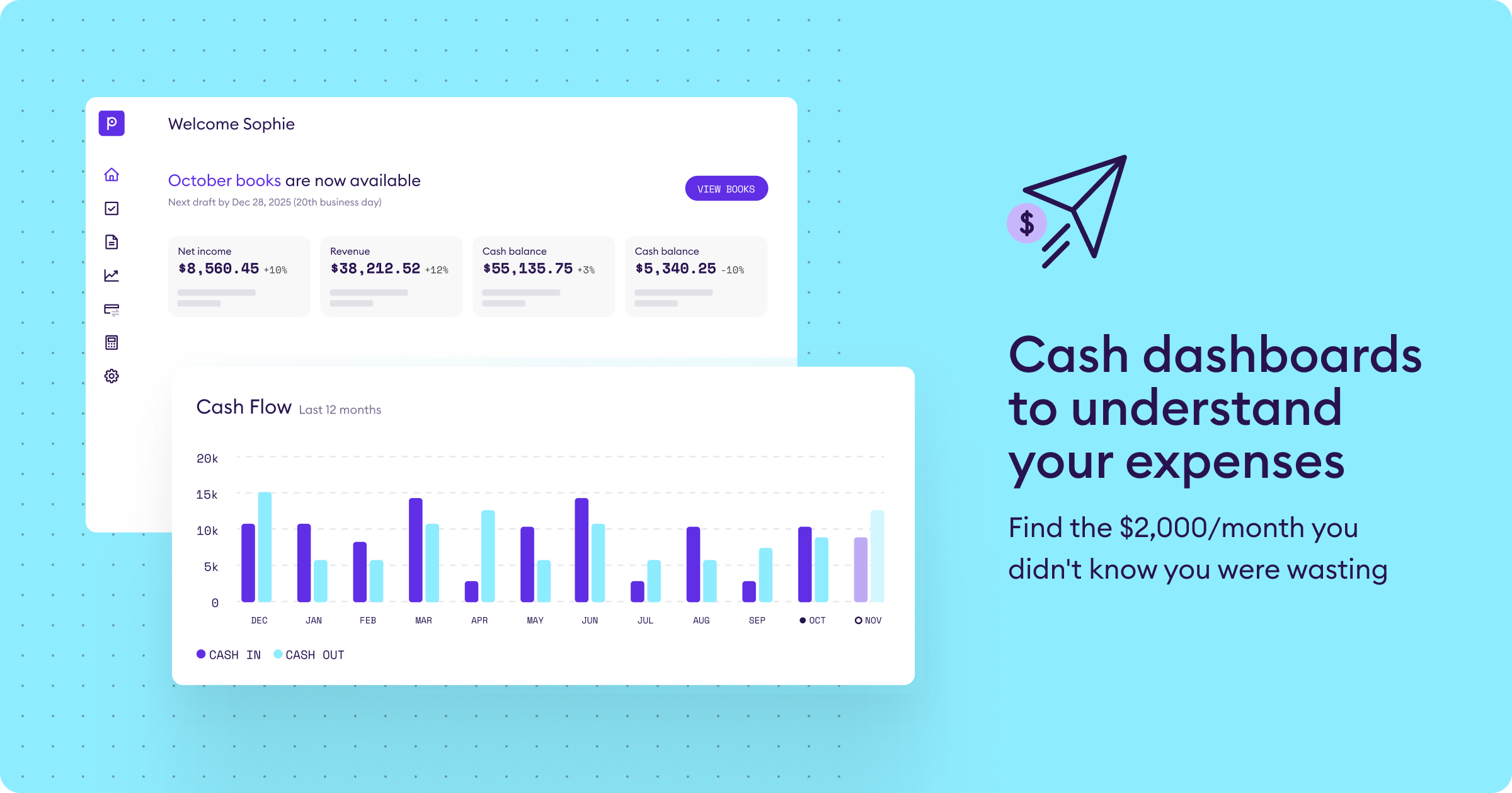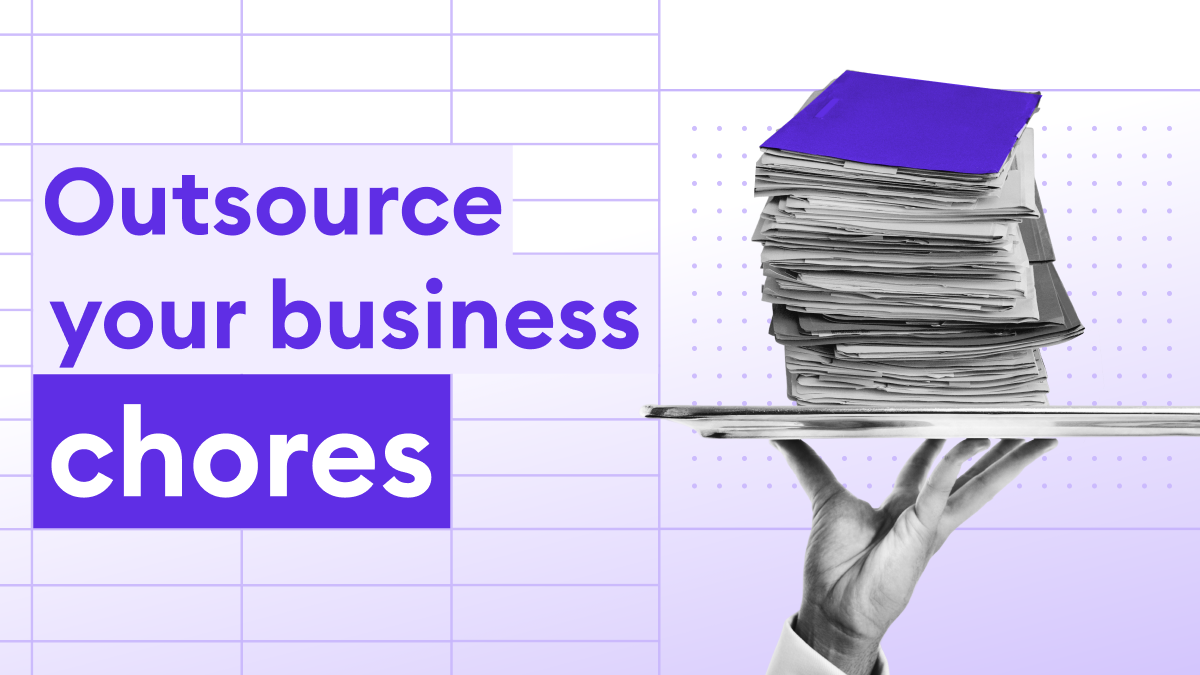Bench vs. Pilot: a comprehensive comparison for business owners

Bookkeeping is an integral part of running a financially healthy business. You know you can’t go without it. That said, not everyone has the time, expertise, or desire to handle bookkeeping themselves — which is why you’re here, searching for the best bookkeeping service to do it for you.
Pilot and Bench are two popular bookkeeping services that are often compared by people ready to offload their books. Bench did briefly shut down in December of 2024 but was then suddenly acquired. You can read the story in TechCrunch and from the founding CEO and from further anonymous reporting.
Key takeaways
- Choosing the right bookkeeping method matters. Cash-basis may be simpler, but accrual-basis provides a more complete financial picture as your business grows.
- Where your books live makes a difference with services like Pilot that use QuickBooks Online it offers greater flexibility and data control compared to proprietary platforms.
- The best bookkeeping solutions combine people and technology. Pilot stands out by pairing expert bookkeepers with automation tools to deliver accurate, scalable service.
Choosing the right bookkeeper hinges on the specifics of your business and needs, so business owners need to consider a few key factors, like the type of bookkeeping method used, the accounting software you prefer, the complexity of your financial situation and your budget.
In this article, we dive into the features, pricing, and key differences between Bench and Pilot, then recommend who each service is best for. For a quick overview of how Pilot and Bench stack up based on the attributes above, we included a comparison chart.

For a deeper take on Bench vs. Pilot, read on for:
You might have noticed that we’re writing about the difference between our service and someone else’s. We’ve done our best to give them a fair shake because we want you to make an informed decision. That said, we think we offer the best bookkeeping services around. Want to give Pilot a try? Get Started Now.
Key feature differences between Bench and Pilot
Bench and Pilot are bookkeeping services that manage and organize your company’s financial books so you don’t have to.
Both services offer standard monthly bookkeeping, which includes categorizing transactions, reconciling your accounts, and producing key financial statements (like statements of cash flow and profit and loss statements). Pilot and Bench also offer catch up bookkeeping, so you can get past months’ books in order, too.
Either solution covers your basic bookkeeping bases, but there are some key differences in the features Pilot and Bench offer.
Difference #1: Accounting software
The first difference between the two services is the software each uses to handle your bookkeeping. Bench uses proprietary software. At Pilot, we do your bookkeeping in QuickBooks Online.
That may seem like a small difference, but the software your books live in can make a big difference, for a few reasons.
Why bookkeeping software matters
Which accounting software you use matters because it determines where your financial data lives.
Bench uses custom software, which often works well — until you decide to leave.
At Pilot, we use QuickBooks Online for two main reasons:
- If you ever decide to leave Pilot, any bookkeeper in the world can plug into QuickBooks and all your data is easy to access. You are always in control of your data.
- Keeping your books in QuickBooks also means your financial info isn’t siloed: You can access a robust ecosystem of tools that integrate with QuickBooks software. Connecting with platforms that handle payroll, taxes, and other processes is a cinch.
Difference #2: Bookkeeping method
Another big difference between Pilot and Bench is the method they use for your bookkeeping. Bench only uses modified cash-basis bookkeeping. Pilot offers both cash- and accrual-basis bookkeeping. If you're unsure which one to go with, our team will provide a recommendation based on your business model.
Cash-basis vs. accrual-basis bookkeeping
Cash-basis bookkeeping means money is recorded when it is received or paid. Revenue is counted when the customer pays. Expenses are recognized when the money leaves your account.
Accrual-basis, on the other hand, recognizes revenues and expenses when they’re incurred. If you send an invoice due in 30 days, that revenue is recorded when you send the invoice (instead of when it’s paid).
Why it matters for businesses
Accrual-basis bookkeeping shows you what's actually happening in your business, not just what's in your bank account. That's why investors take it seriously—they want the real story.
Cash-basis might seem simpler, but it has blind spots. Got inventory? Outstanding invoices? Money you owe vendors? Cash-basis won't be able to track any of that.
What most accountants won't tell you is that: If your business grows (and we hope it does), you'll probably need to switch to accrual anyway. The IRS actually requires accrual-basis for many growing businesses. And trust us—switching later is a paperwork headache you don't need.
Cash is fine when you're just starting out. It's great for tracking money as it moves in and out, nice and simple. But if you're planning to scale, accrual is the way to go. It shows the full picture of what you're owed and what you owe, which matters more than you'd think.
Difference #3: Advanced bookkeeping services
The third big difference between Bench and Pilot comes down to the more advanced bookkeeping services that business owners need as they grow.
- Inventor
- Classes & Multi-Entity Support
- CFO Services
Bench focuses on serving very small businesses for whom cash-based bookkeeping is appropriate. Pilot offers cash-basis bookkeeping but will often recommend accrual-based bookkeeping for startups and growing companies that often have more sophisticated needs.
Why It Matters for Businesses
When your business grows, your financial life becomes more complex. You need to have a solution in place to handle more sophisticated bookkeeping such as locations, classes, and inventory. Depending on your business’ needs, you may also benefit from the advice and expertise from CFO services.
The fact is that cash-basis bookkeeping works best for very small businesses, and is outgrown quickly as the business’s financial situation gets more complex. It makes sense to plan for that from the beginning with a service that keeps your books ready for the added complexity when it arrives.
Bench vs. Pilot: Accuracy and support
Business owners don’t need to be bookkeeping pros, but you must have a general understanding of your whole financial picture. That’s why both Pilot and Bench include support in all pricing tiers, and it means you won’t pay additional hourly fees just to ask a question or get clarity on your books.
At Pilot, we work to ensure that your bookkeeping service is as accurate as possible. We work with seriously talented, full-time bookkeepers who are experts at what they do. Additionally, we automate parts of the bookkeeping process most prone to errors. This frees up our bookkeepers to focus on the most strategic, complex aspects of your bookkeeping. You will have a dedicated account manager who gets to know your business, so you never have to wonder who to turn to for answers.
With Pilot, you get the best of both worlds: second-to-none accuracy combined with expert, human support.
Bench vs. Pilot bookkeeping price packages
With prcing and packages beginning at $199 per month ($169 per month is billed annually), both bookkeeping services hinge primarily on the total expenses your business has in a month. That’s because your bookkeeping needs and expenses typically correlate: As your expenses grow, so does the complexity of your financial situation.
Pilot bookkeeping pricing

Pilot also offers pre-revenue companies $200/mo off their Core plan in their first year.
Bench bookkeeping pricing
Bench offers 1 plan to cover your basic financial reporting needs. Starting at $349 per month ($299 per month, if paid annually), you'll receive a P&L, balance sheet, and 1099 reporting along with your year-end tax-ready financial packages.

How to know if Bench or Pilot is right for you
Still undecided? Choosing between Bench and Pilot comes down to how complex your financial operations are and how confident you want to feel in your books. If you're looking for a service that can scale with your business, provide accurate bookkeeping services, and ensure your data stays portable and accessible, Pilot is built for you.
Pilot helps you spend less time buried in your books and more time building your business. With accurate, reliable bookkeeping that scales as you grow, we’re the partner built for your next stage. Speak to an expert today.
Additional bookkeeping resources for decision-makers
Choosing the right bookkeeping service isn’t always black and white, especially if you’re scaling or evaluating multiple vendors. To help you make the most informed decision possible, we’ve pulled together a few resources below that break down bookkeeping needs, comparisons, and best practices.





